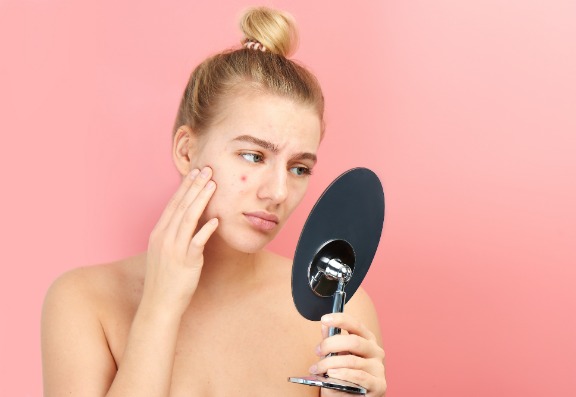

If you want to read more, the experts at Consulting Room really know what they're talking about and have put together some acne, obagi® medical products and specialist skin cremes FAQs just for you.
If you have more questions, you can use the acne, obagi® medical products and specialist skin cremes treatment questions feature to talk to our panel of trained medical experts.
If you're keen to get started with any of these treatments right away then you're in luck - those clever folks also have a list of trusted, accredited acne, obagi® medical products and specialist skin cremes treatment clinics in your area.
Many thanks to the author of this blog Dr Emma Goulding who is from the Dr Emma Goulding clinic.
Dr Emma Goulding is an NHS and aesthetic doctor based in Hale, Altrincham. She prioritises a patient-centred approach to aesthetic medicine. This means you will receive a comprehensive consultation, where all options can be discussed, and any questions addressed. As this is a bespoke clinic you will not be treated with a one-size-fits-all approach, and every treatment will be tailored specifically to your needs.
Visit Dr Emma Goulding on 0797 354 2322 or visit www.DrEmmaGoulding.co.uk

Loved by Victoria Beckham and Kim Kardashian, BBL HEROic™ is now available at Dr Nina Bal’s clinic for anyone ready to upgrade their skin.
A survey reveals that most people trust dermatologists far more than social media influencers, yet many continue to spend money on treatments that don’t work.
We ask an expert skin doctor: ‘What are the benefits of LED therapy, and is it worth the investment?’
Hey, wait!
Before you go.....
Let's stay in touch, pop your details here and we'll send our editor's hand-picked updates on your fave subjects.